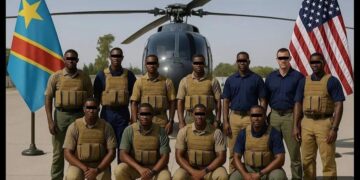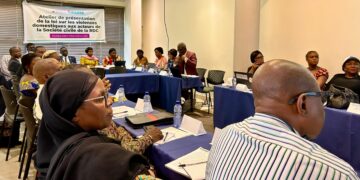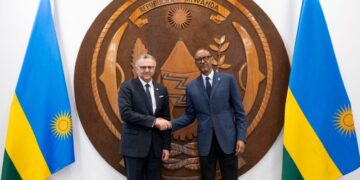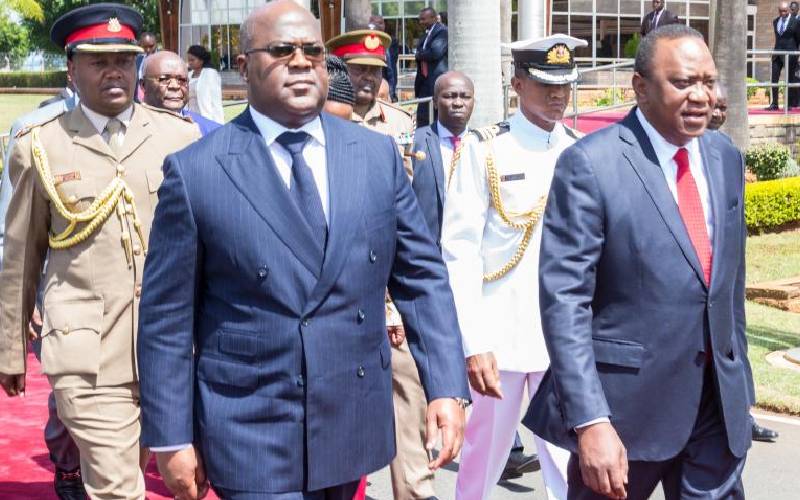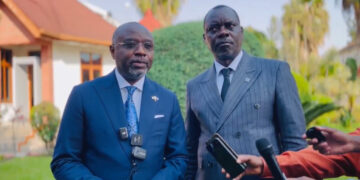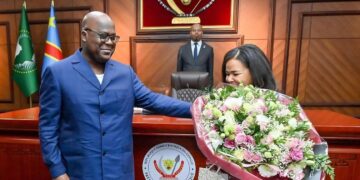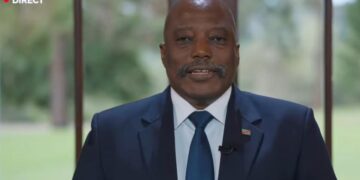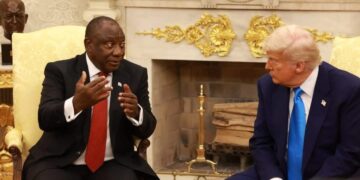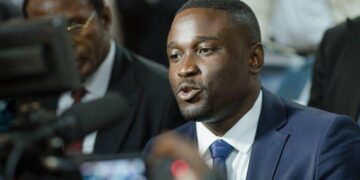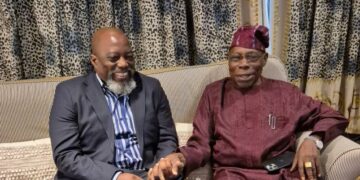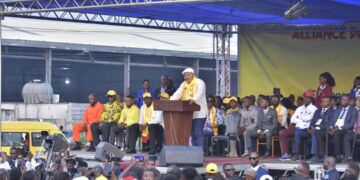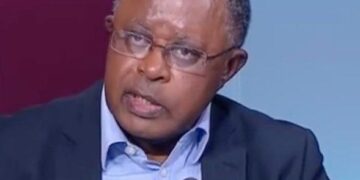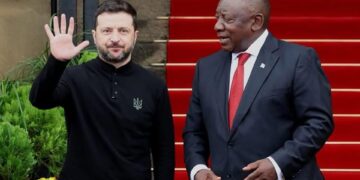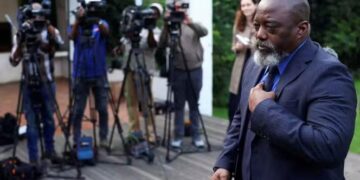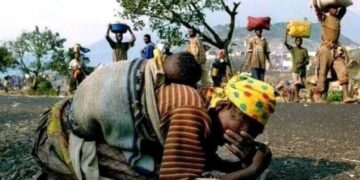DRC: “If it were truly in the country’s interest, Tshisekedi would support the CENCO-ECC initiative. But he’s only protecting his power, not Congo. He’s wrong to think the Americans would send troops to fight Rwanda” — Seth Kikuni
In a post published on his X (formerly Twitter) account, Kikuni harshly criticized Tshisekedi’s perceived rejection of the CENCO-ECC initiative aimed at facilitating an inclusive national dialogue in the Democratic Republic of Congo.
“If it were truly in the country’s interest, Tshisekedi would support the CENCO-ECC initiative. But he acts only to protect his power, not Congo.”
The initiative, jointly proposed by the National Episcopal Conference of Congo (CENCO) and the Church of Christ in Congo (ECC), calls for a broad national dialogue that brings together political actors, civil society, religious leaders, and other stakeholders to address the ongoing security, political, and social crises gripping the country.
Although President Tshisekedi has not formally opposed the initiative, his recent statements — including that “there is no crisis” — suggest a refusal to acknowledge the depth of the country’s problems. For Kikuni and other critics, this amounts to willful denial.
“This government fears any process that could call its legitimacy into question, even if it’s for the greater good,” Kikuni added.
In the aftermath of the contested 2023 elections, which saw Tshisekedi re-elected amid widespread allegations of irregularities, the president has faced growing distrust not only from political opponents but also from religious leaders, NGOs, and international observers.
In the same message, Kikuni issued a pointed warning about what he calls the false hope harbored by the Congolese leadership regarding potential military backing from Western powers in the face of Rwandan aggression.
“He’s wrong if he thinks the Americans would send troops to fight Rwanda not with the historical context of the genocide in mind.”
Kikuni was referring to the deep historical ties between Washington and Kigali, forged in the aftermath of the 1994 genocide. Rwanda, under President Paul Kagame, has long been regarded by the U.S. as a strategic partner in the Great Lakes region a reality that complicates the DRC’s efforts to mobilize international support against alleged Rwandan-backed rebel movements, such as the M23.
Though the DRC has received verbal condemnations of Rwandan interference from international actors, direct military support remains highly unlikely. Kikuni’s remarks underline the danger of relying on illusions of external intervention while internal crises remain unresolved.
Tshisekedi’s administration has increasingly leaned on militarized rhetoric and exceptional measures in the East, but critics argue this has only exacerbated tensions and sidestepped long-term solutions. As violence continues in North Kivu and Ituri, and as displaced populations grow by the hundreds of thousands, many question whether the government has a coherent plan.
Meanwhile, faith-based organizations, traditionally trusted by Congolese citizens, continue to advocate for inclusive dialogue. Kikuni aligns himself with this call, urging a return to national consultation rather than confrontational governance.
Though not currently leading a large political coalition, Seth Kikuni represents a rising class of young, reform-oriented voices that challenge both the old guard and the current ruling class. His frankness on sensitive topics such as U.S. foreign policy, Rwandan influence, and internal repression has resonated with sections of the Congolese urban youth.
Other opposition figures, such as Martin Fayulu, Moïse Katumbi, and Delly Sesanga, have also backed the idea of a national dialogue. However, the opposition remains fragmented and has yet to present a unified front since its failure to defeat Tshisekedi at the polls in 2023.
Kikuni’s latest statement serves as a clear warning: without national consensus and a reality-based foreign policy, the DRC risks deepening its crises and weakening its sovereignty. Believing in military intervention from foreign powers especially from allies of Rwanda is not only unrealistic but potentially dangerous.
As the country teeters between conflict and reconciliation, the voices calling for inclusive dialogue may be the last chance to avoid a slide into deeper instability.



